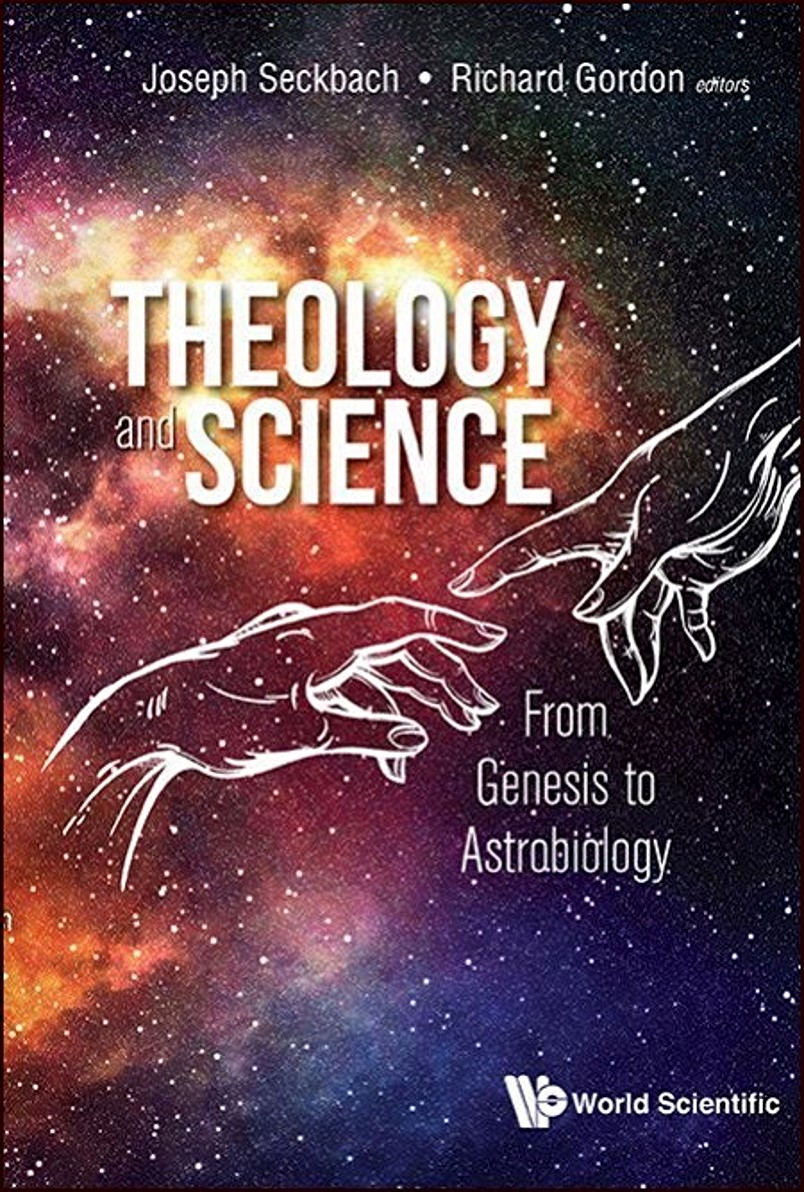Religion as a conspiracy theory

Taner Edis, with whom I once had the pleasure of co-editing a book, Why Intelligent Design Fails, has just posted a splendid article, Cosmic Conspiracy Theories: How Theologies Evade Science. The article, which we will get to in a minute, is evidently Chapter 7 in the book Theology and Science: From Genesis to Astrobiology, edited by Richard Gordon and Joseph Seckbach and published last December. If you want to buy the book, it will set you back approximately £120.
Professor Edis examines the views of young-earth creationists, intelligent-design creationists, and liberal theists. He avers, for example, that young-earth creationists claim that science supports their arguments, or at least that it would if it were practiced properly. Since they purport to rely on evidence, they do not develop what Prof. Edis calls a complete cosmic conspiracy theory. On the other hand, since they have to explain why science will not accept their proofs, they have to fall back on conspiracy theory: the entire scientific enterprise conspires to conceal the truth about the creator.
Intelligent-design creationism (IDC), in contrast to young-earth creationism, does not need to rely on a literal interpretation of a holy book. Rather, it employs a version of the argument from design and argues that the complexity we see in nature must necessarily be a result of design by an intelligent agent. IDC modernizes the argument from design and argues that information cannot be created by “mindless material processes.” Design is not only obvious, but also supported by highly sophisticated arguments. IDC thus need not engage in a conspiracy theory. Nevertheless, argues Prof. Edis, when ID creationists recognized that they were not making inroads against scientific materialism, they too fell back on a conspiracy theory, charging that “Darwinists” are conspiring to stifle IDC.
Liberal theologians, I thought, were a little harder to pigeonhole. Professor Edis argues that liberal theologians accept virtually all of science, including the modern theory of evolution. Theology, he says, is not “a rival to science,” but rather supplies the “back story.” Thus, if liberals accept science, they have to “reviv[e] some aspects of a cosmic conspiracy theory.” Specifically, they need God to go behind the scenes and, for example, purposefully create beneficial mutations. But God deliberately hides the fact that the mutations are not all random – so God becomes the ultimate conspirator (I think, actually, conspiracies require two or more conspirators, but to point that out would be picky). How does God hide that some mutations are directed? Quantum mechanics! Incidentally, I loved this analogy:
Theologians are demanding substantial interference in the structure of physics. Consider a casino operator who cheats, but only rarely, and only in order to reward gamblers who belong to a favorite religious sect. If done rarely enough, the signal of interference will be lost in the noise, and the record of the games in the casino will not support the claim of non-random interference.
I do not want to go into too much more detail, but Prof. Edis notes that, whereas scientific discoveries sometimes appear to support religious belief, on the whole “modern science presents an important challenge to supernatural religion….” Conservative religious thinkers sometimes feel it necessary to confront science, and often that confrontation devolves into a conspiracy theory. Professor Edis thinks that compromise, which he calls evasion, is probably “the most promising religious strategy.” Liberal theologians, though they actually want to evade science, are nevertheless our best defense against “conservative pressure on science and science education.”
Acknowledgment. I learned about Prof. Edis’s essay from a blog post by Jerry Coyne, who apparently in turn learned about it from Maarten Boudry. You may read Dr. Boudry’s take on the essay by following the link.
